Vietnamese law strictly regulates the raising, care and breeding of rare and precious animals. People cannot do this arbitrarily.
How many groups of rare and precious animals need to be protected under Vietnamese law?
The Vietnam Red Book is a list of rare and precious animal and plant species in Vietnam, whose numbers are seriously declining or at risk of extinction.
The Vietnam Red Book is built on the criteria of the International Union for Conservation of Nature (IUCN), aiming to provide information on the conservation status and the level of endangerment of species, thereby proposing protection and management measures. Species listed in the Vietnam Red Book are not necessarily listed in the IUCN Red Book and vice versa.
According to the Vietnam Red Book as well as related legal regulations such as Decree 84/2021/ND-CP and Circular 27/2025/TT-BNNPTNT, endangered, precious and rare wildlife species are divided into two main groups based on the level of threat and the remaining number in the wild.
- Group IB: is a group of endangered, precious, rare wild animals at serious risk of extinction.
For this group of animals, Vietnamese law completely prohibits the acts of hunting, killing, captivity, storage, transportation or trading for commercial purposes, except in cases of special licensing for conservation purposes, scientific research or non-commercial activities.
Some animals in group IB include king cobra, big-headed turtle, red-crowned crane, hornbill, crocodile, Siamese crocodile, white-crested pheasant...
- Group IIB: is a group of endangered, precious, rare wild animals, but with a lower threat level than group IB. These are species with scientific, environmental, ecological, or cultural value, but still exist in relatively stable numbers in nature or have the ability to recover if well managed.
Unlike animals in Group IB (which are completely banned from commercial exploitation), species in Group IIB are allowed to be exploited and used for commercial purposes but must comply with strict conditions, including obtaining a license from a competent state agency (such as the Forest Protection Department or the Ministry of Agriculture and Environment ).
White pheasants were moved from group IB to IIB since July 1, but are still in the group of animals banned from breeding and commercial exploitation without a license from the authorities (Photo: iNaturalist).
Some animals belonging to group IIB include white pheasants, chameleons, pythons, reticulated pythons, cobra species in Vietnam (Chinese cobra, tiger, Siamese cobra), black cranes, ospreys...
Acts such as hunting, keeping, transporting, or trading in Group IB and IIB animals without a license are considered illegal and may be subject to criminal prosecution.
Why is it strictly forbidden to arbitrarily raise and breed endangered, precious and rare animals?
The case of a man living in Nghe An who received a 6-year prison sentence for breeding and selling white pheasants, an animal belonging to group IIB, has caused a stir in public opinion recently.
Arbitrarily raising and breeding rare and precious animals without a license or without expertise will lead to many serious problems related to biodiversity conservation.
According to information from the Vietnam Red Book and IUCN's criteria for preserving rare and precious animal species, the following are reasons why the act of arbitrarily raising and breeding rare and precious animal species is strictly prohibited by law:
- Impact on genetics, loss of original gene sources: Arbitrarily raising and breeding without a license or expertise will lead to uncontrolled reproduction and inbreeding, which will affect genetic ability, loss of genetic diversity and risk of species degeneration.
- Risk of illegal hunting: If rare and precious animal species are allowed to be raised and bred, it will lead to the risk of illegal hunting for breeding, which will further seriously reduce the number of rare and precious animal species in the wild.
- Concealing the illegal origin of rare and precious animals: Illegal breeding and breeding organizations can take advantage of the legalization of the breeding and breeding process to hunt animals in the wild, making it difficult for authorities to trace the origin of rare and precious animals, whether they are the result of breeding or are hunted in the wild.
Keeping wild animals in unqualified facilities will lead to the risk of disease transmission and affect the health of the animals (Photo: ENV).
- Ensure animal health, avoid the risk of disease transmission to humans: Illegal captivity is often carried out in facilities that do not meet the requirements for housing, hygiene or health care... this will make animals susceptible to disease and malnutrition.
Besides, illegally raising wild animals can also lead to the risk of spreading dangerous infectious diseases to humans, such as bird flu, viruses...
- Compliance with international regulations: Vietnam is also a member of the Convention on International Trade in Endangered Species of Wild Fauna and Flora (CITES), with strict regulations on controlling the farming, breeding and trading of rare and precious animals.
- Support legal breeding and conservation programs: Licensing facilities and organizations to raise and breed rare and precious animals will ensure that this process is carried out scientifically and responsibly, by professionals.
In fact, many animal rescue and conservation centers in Vietnam have successfully bred a number of rare and precious animal species to re-release into the wild.
If animals are raised improperly and unscientifically, they will lose their ability to survive in the wild and will not be able to return to the wild (Photo: ABCNews).
- Loss of ability to survive in the wild: Rare and precious animals are raised and bred in illegal, unsanitary captive environments, causing them to lose their ability to survive in the wild, making them unable to survive when released back into the wild.
In addition, releasing illegally captive animals can lead to the risk of them harboring dangerous infectious diseases that can spread to wild populations.
Therefore, the illegal captivity and breeding of rare and precious animals does not have any conservation or increase the number of these animals in the wild, but only serves the interests of those who are committing illegal acts.
Source: https://dantri.com.vn/khoa-hoc/vi-sao-khong-the-tuy-tien-nuoi-va-nhan-giong-dong-vat-quy-hiem-20250814030601835.htm


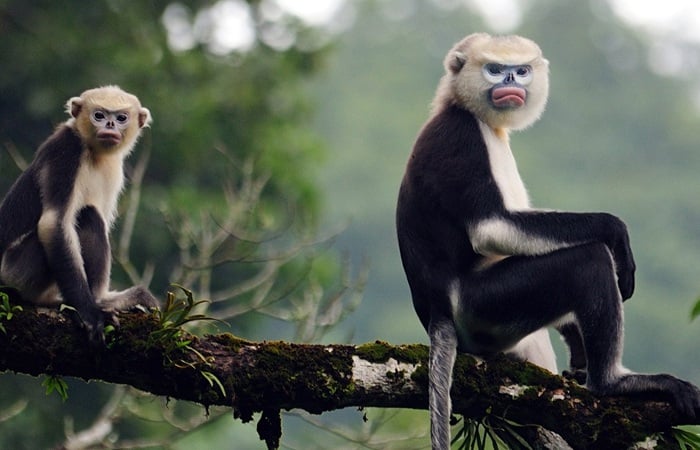
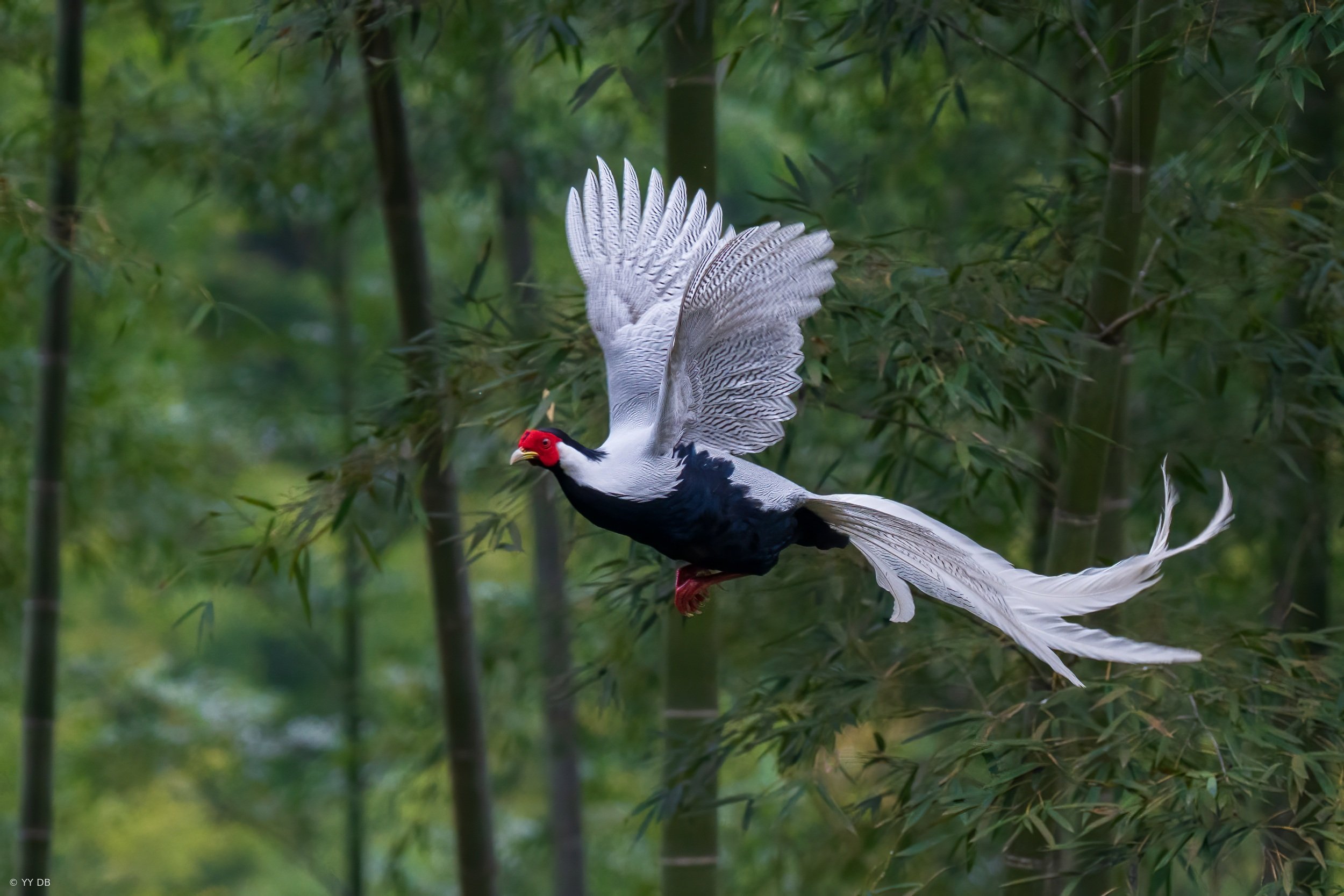
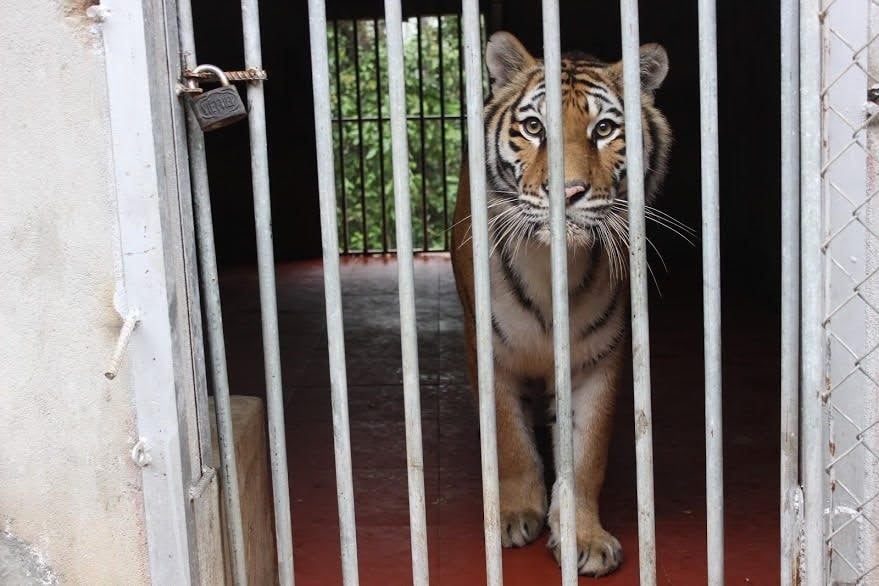
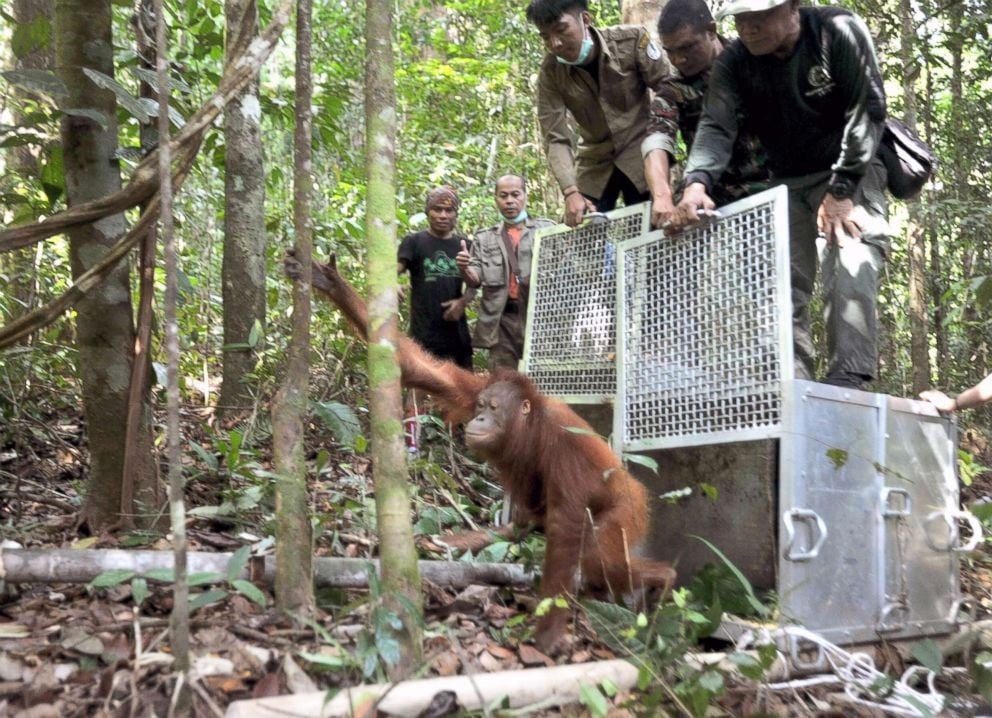


![[Photo] Closing of the 13th Conference of the 13th Party Central Committee](https://vphoto.vietnam.vn/thumb/1200x675/vietnam/resource/IMAGE/2025/10/08/1759893763535_ndo_br_a3-bnd-2504-jpg.webp)





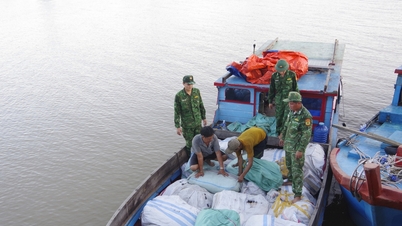



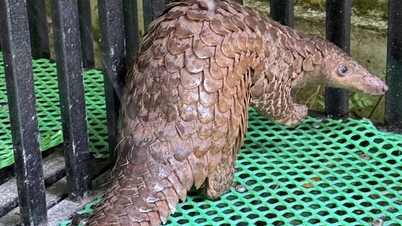



















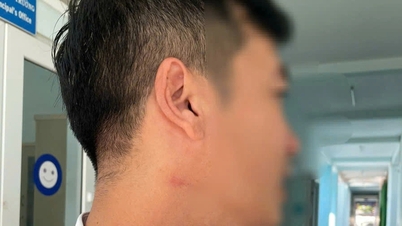























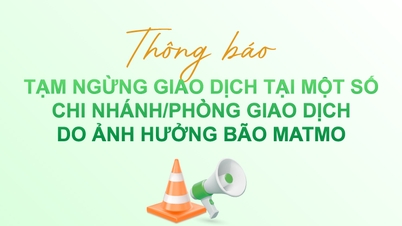

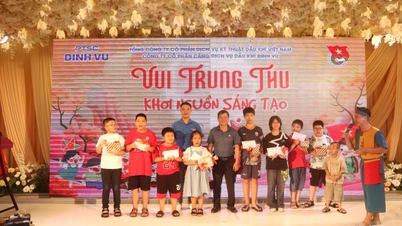





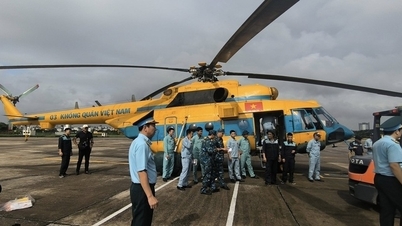







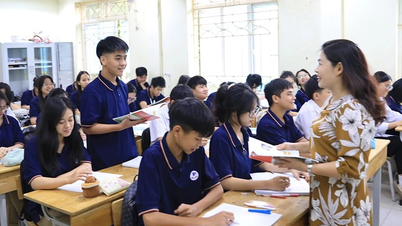

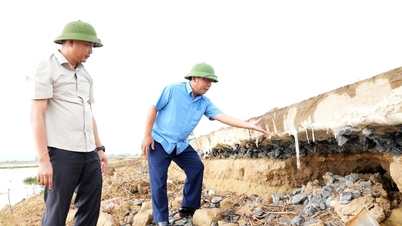

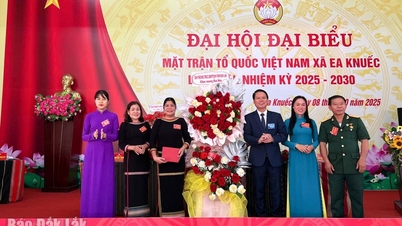




















Comment (0)